75th anniversary of the NEBDN
75th anniversary of the NEBDN
Published: 01/11/2018
As the National Examining Board for Dental Nurses enters its 75th anniversary year, Lesley Dunlop celebrates how far the organisation has come – from its humble beginnings to a look ahead to the next 25 years
The NEBDN was founded in 1943 and was originally titled the British Dental Nurses and Assistants Examining Board (BDNAEB).The driving force behind its formation was a general dental practitioner Philip E Grundy LDS, who lived and practiced in Leyland, Lancashire.
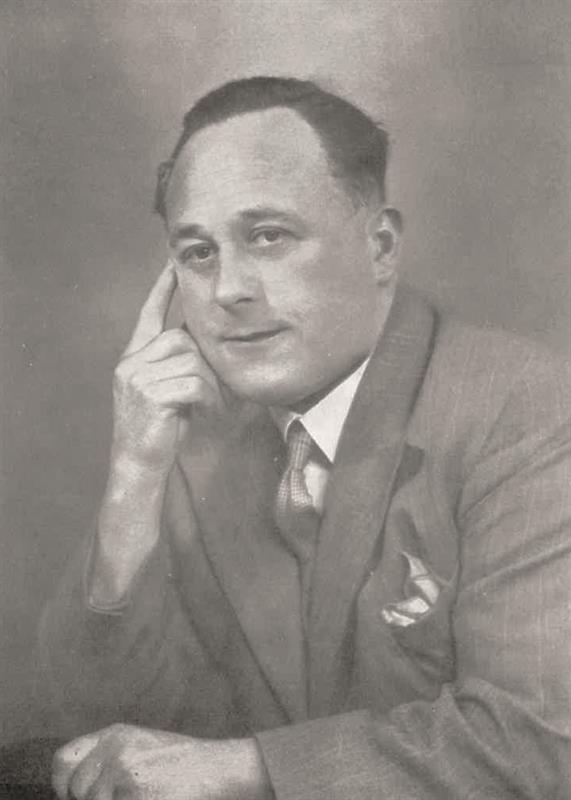
Philip Grundy was a visionary who dedicated his time, premises and a substantial amount of his own money to achieve his wish that dental nurses in the UK should have a ‘definite position and occupation’.He first envisaged a qualifying examination for dental surgery assistants in 1936 and, with the help of Colonel CH Howkins CBE DSC, Dean of Birmingham Dental School, he realised his goal of establishing a Board of Examiners for dentals nurses and assistants.
The new examining board, comprised of leading figures from the world of dentistry, set about creating educationally balanced written and oral examinations that could be replicated and regulated across the UK.
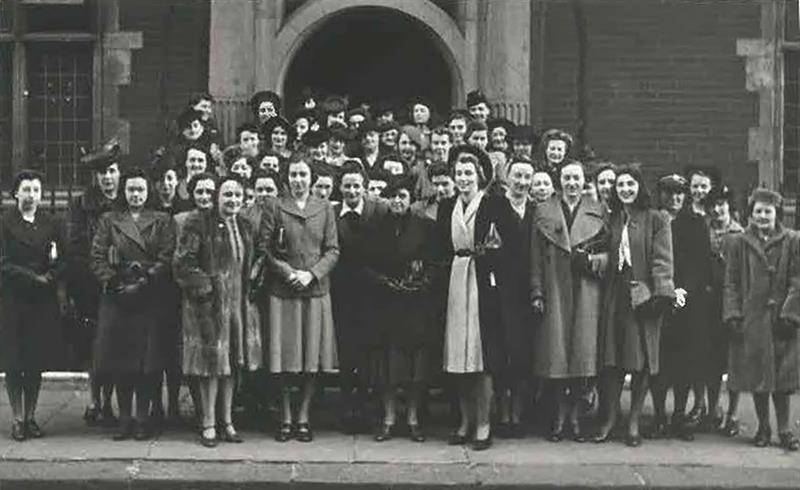
The first dental nursing examination was held in 1943 and was taken by 179 candidates. It consisted of a three-hour written paper and a 10-minute viva voce. As the industry progressed and improved, a 15-minute practical session was included within the examination procedure and successful candidates awarded the National Certificate.
Over the years, the examination has been revised and refined to fully test potential dental nurses to ensure that only the very best candidates attain the NEBDN qualification. Back in 1943 the fee was one guinea and a £10.00 prize was given for the highest mark from the 135 successful students.In comparison, more than 4,200 candidates sat the written and practical examinations leading to the National Diploma in the last year.
The widely coveted red enamel NEBDN badge was first introduced in 1951 in recognition of National Certificate success. The design was updated in 1967 to a silver oxidised badge, and in 1970 the crest was also incorporated into a belt buckle.
In 1988, the organisation changed its name to the National Examining Board for Dental Surgery Assistants and then again in 1994 to the name it is known by today, the National Examining Board for Dental Nurses (NEBDN). It became a fully incorporated charity in 2005.
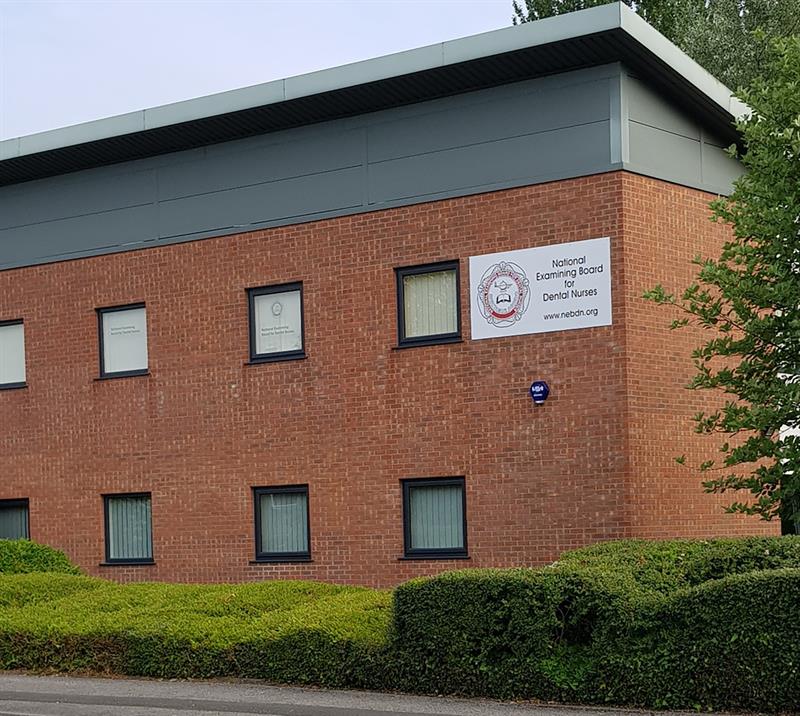
Today, the NEBDN is based just seven miles from their original premises, following an office move to Preston in January 2016.The original aim of the organisation – to provide the opportunity for Dental Nurses to take an examination, which would enhance the standing and expand their role – still holds as true as it did when Grundy had his original idea.
What also remains the same is the reliance on the dedication of the NEBDN’s network of educational providers, examiners and exam helpers and volunteer clinical experts who are members of the committees and NEBDN’s staff team.
Governed by a board of 10 trustees, comprising five dental care professionals and five lay trustees from a range of professional backgrounds, the NEBDN appointed its first ever lay Chair – Julia Frew – last year.
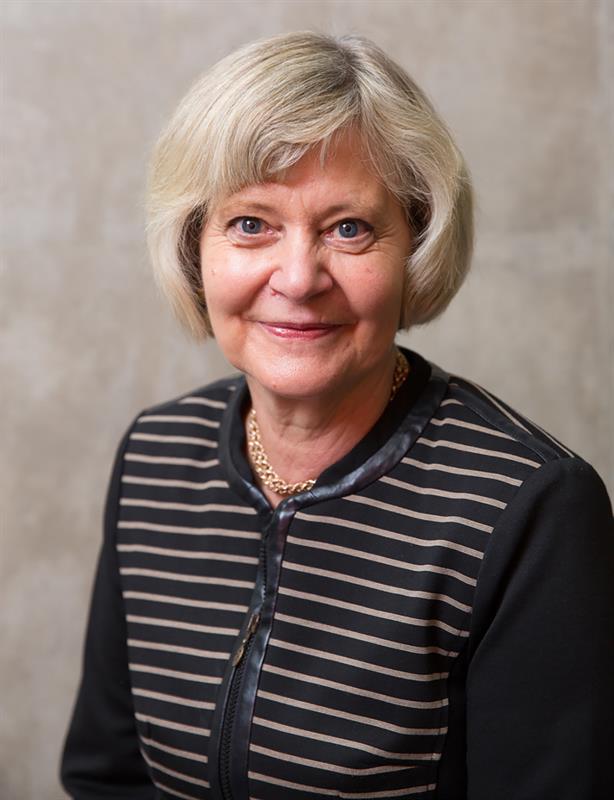
Handing over the chairship, Marie Parker said at the time: ‘Appointing our first ever lay chair marks a key milestone for NEBDN.It demonstrates the major steps that NEBDN has taken over the past few years to modernise how the exam board’s work is overseen, ensuring that it is led by those with clinical expertise, and those with expertise in education, business and professional regulation.'
The Board is now a major force in dental nursing and offers more qualifications than ever before, including the widely acclaimed National Diploma in Dental Nursing as well as six post-registration qualifications that cover a range of advanced dental nursing topics. These days the number of students far exceeds 3000 examination entries every year.
To celebrate this and the many achievements of the last 75 years, the Board are hosting a CPD conference on 22 November at Millbank, London for examiners and committee members. Leading national speakers, Claire Stevens, Ben Underwood and Professors Jenny Gallagher, St John Crean and Iain Chapple will be providing updates on the latest developments in dentistry and dental nursing.A panel session including special guests Diana Wincott, Debbie Reed and Mike Wheeler will discuss Dental Nursing – yesterday, today and tomorrow. What does the future hold?
A celebratory event will also be held the same evening, welcoming key figures from NEBDN’s past, present and future as well as the presentation of the inaugural NEBDN Special Recognition Awards. The Awards will be presented to individuals who have demonstrated dedication, outstanding service and commitment to NEBDN and/or the education and training of dental nurses through involvement and achievement at a national or UK level.
Looking ahead
So, what does the next 25 years hold for the NEBDN? Following a pivotal year of changes that has seen the departure of Chief Executive Phil Hughes after nine years’ service, the arrival of Lesley Dunlop as interim CEO and the modernisation of its governance and operational arrangements, the NEBDN has just appointed a new Chief Executive – Kate Kerslake – who can ensure that the NEBDN is fit to face the challenges of the future. As dental regulations continue to be reformed, and the roles of dental nurses continue to evolve and change, the NEBDN has put plans in place to embrace the new opportunities this will bring.
A key priority for the Board is to revise its committee and organisational structure with a view to increasing the focus on quality assurance, innovation and engagement with dental nurses and the wider dental sector.A new trustee-chaired Education and Standards Committee is being set up tasked with upholding the standards and quality in NEBDN’s pre- and post-registration learning programmes and qualifications, and ensure they are meeting the needs of dental nurses and their employers.
Technology and innovation will play a large part in the Board’s ambitious plans.June 2018 saw the use of fully electronic marking at NEBDN’s practical (OSCE) examinations. The organisation is also exploring the development of new qualifications, and ways that technology could help to improve its processes and service to customers, including online registration, online written examinations, and ultimately making online written examinations available on demand.
The NEBDN will also be focusing on its engagement and communication with its volunteer workforce and looking to improve how it coordinates, manages and supports its army of more than 400 clinical experts and examination helpers.
Julia Frew, Chair of NEBDN’s Board, said: ‘The NEBDN has a proud history and is a current world leader in dental nurse education. We have an important role in maintaining and evolving excellent qualifying standards and we also are committed to continuing to push the boundaries of dental nurse training in the UK, underpinned by our commitment to quality and excellence.’
* Acknowledgement: some aspects of this article are drawn from History of the National Examining Board for Dental Nurses: 1943-2018 by NHF Wilson, published in Dental Historian.
To find out more about NEBDN, please visit www.nebdn.org |
Who else turned 75 this year?
|
Author: Lesley Dunlop
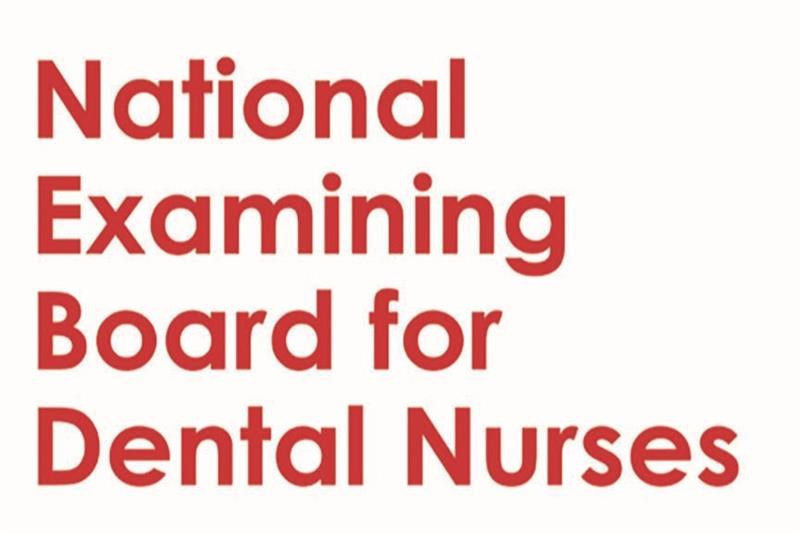










.jpg?width=150&height=100&scale=canvas)


